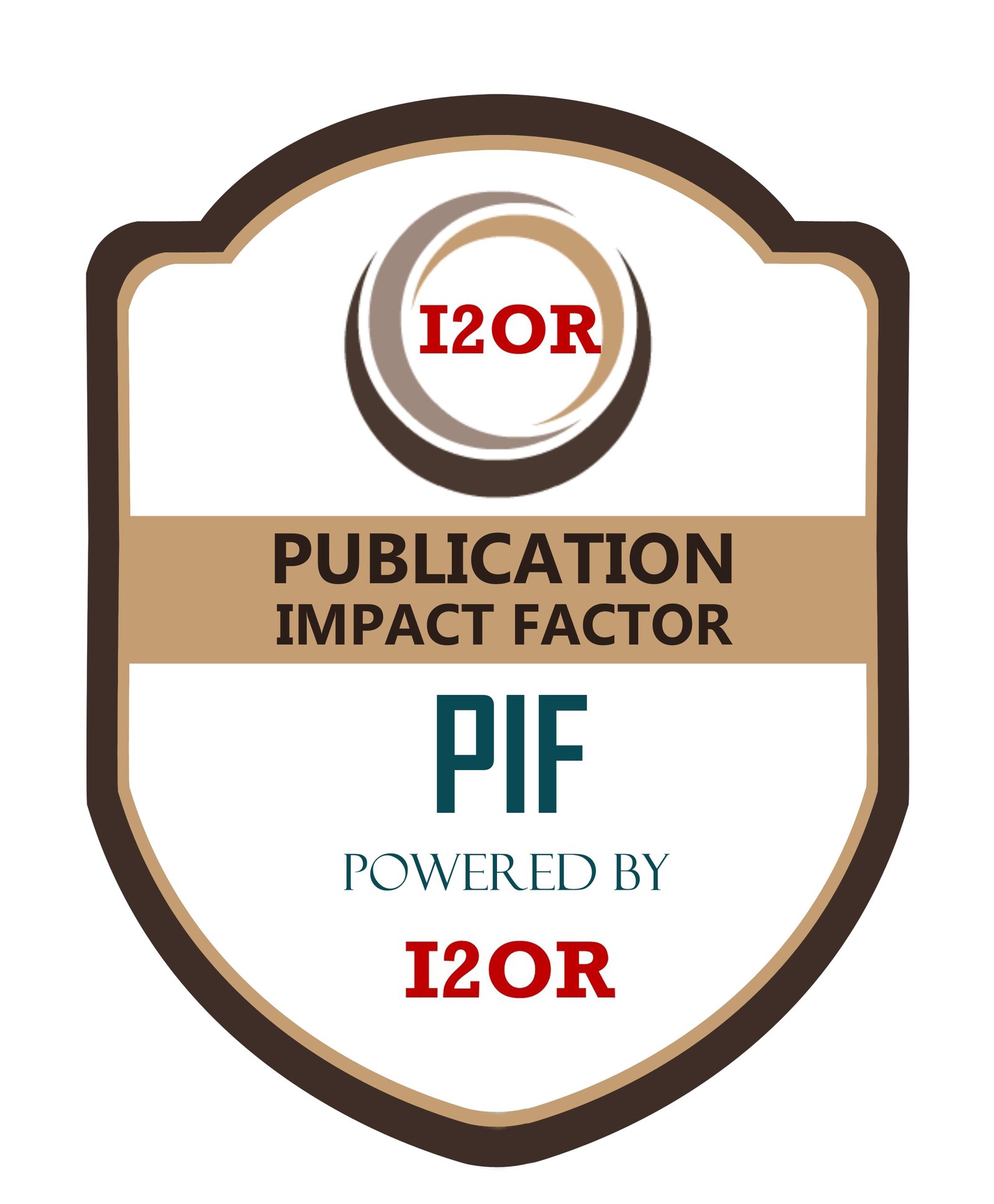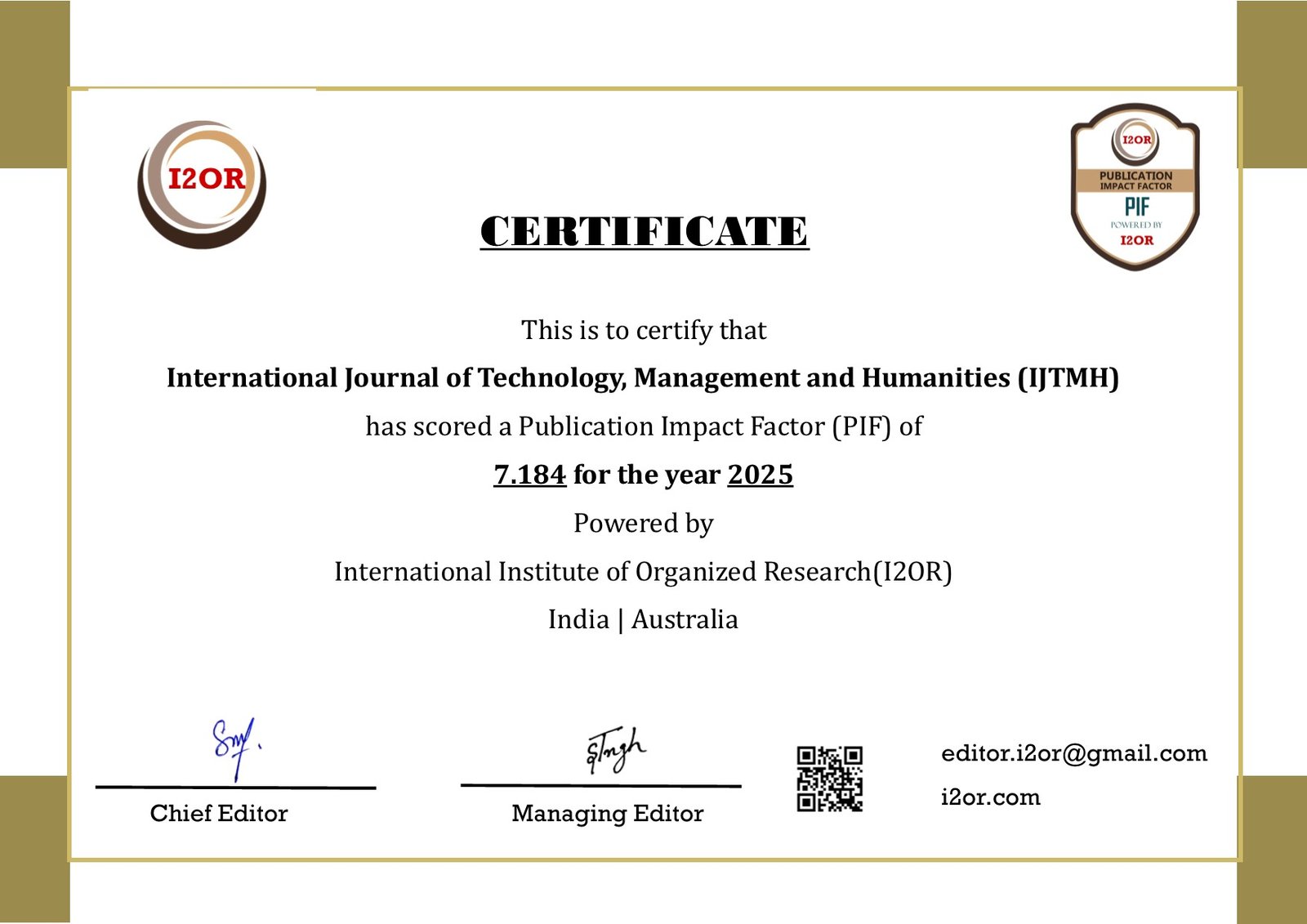Trust in Health Messaging: An Experimental Test of Authority Cues
DOI:
https://doi.org/10.21590/Keywords:
trust, health communication, moral authority, religious legitimacy, empirical competence, Northern Nigeria.Abstract
Medical communication in Northern Nigeria is shaped by a legacy of distrust rooted in colonial history, uneven development,
and plural health systems. In regions like Sokoto and Zamfara, biomedical care exists alongside prophetic medicine (Tibb
an-Nabawi), herbal healing, and traditional practices, often competing for legitimacy. In these contexts, moral and religious
cues may be more persuasive than biomedical qualifications alone. This study examined how different authority cues
influence trust in health advice. In a between-subjects experiment, 320 adult Nigerian parents (62% female; aged 18–65),
recruited from health centres, hospitals, prophetic medicine shops, and herbal healing spaces, evaluated fictional health
practitioners. All practitioners were described as experienced, but the vignettes varied by the presence or absence of (1)
moral integrity cues, (2) religious legitimacy cues, and (3) empirical competence. All measures were validated, translated
into Hausa, and pilot tested. After removing incomplete responses, analyses for Hypotheses 1 and 2 were based on
approximately 200 participants (F(1, 198) = 17.21, p < .001, partial η² = .08; F(1, 196) = 12.03, p = .001, partial η² = .06).
Moral cues significantly increased trust (standardised β ≈ .28) and β = .47 in regression analysis. Religious legitimacy also
enhanced trust (β = .23), particularly among younger and more religious participants. Hypothesis 3, tested with the larger
subset (n ≈ 300), showed that trust was highest when all three cues were combined (F(2, 297) = 15.77, p < .001, partial η²
= .10; β ≈ .32). A moderated mediation model using the full sample (N = 320) explained 17% of the variance in trust (R² =
.17, F(3, 316) = 21.56, p < .001). Religiosity moderated the effect of religious framing on trust (β = .23, p = .002), and trust
mediated the relationship between authority cues and behavioural intentions (indirect effect = 0.31, 95% CI [0.20, 0.46];
direct effect β = 0.05, p = .38). Findings suggest that trust in health communication is shaped by how authority is framed,
not only through biomedical credentials, but also through moral and religious signals. Strategic inclusion of such cues
may improve public health engagement in contexts of deep religiosity and medical pluralism.







